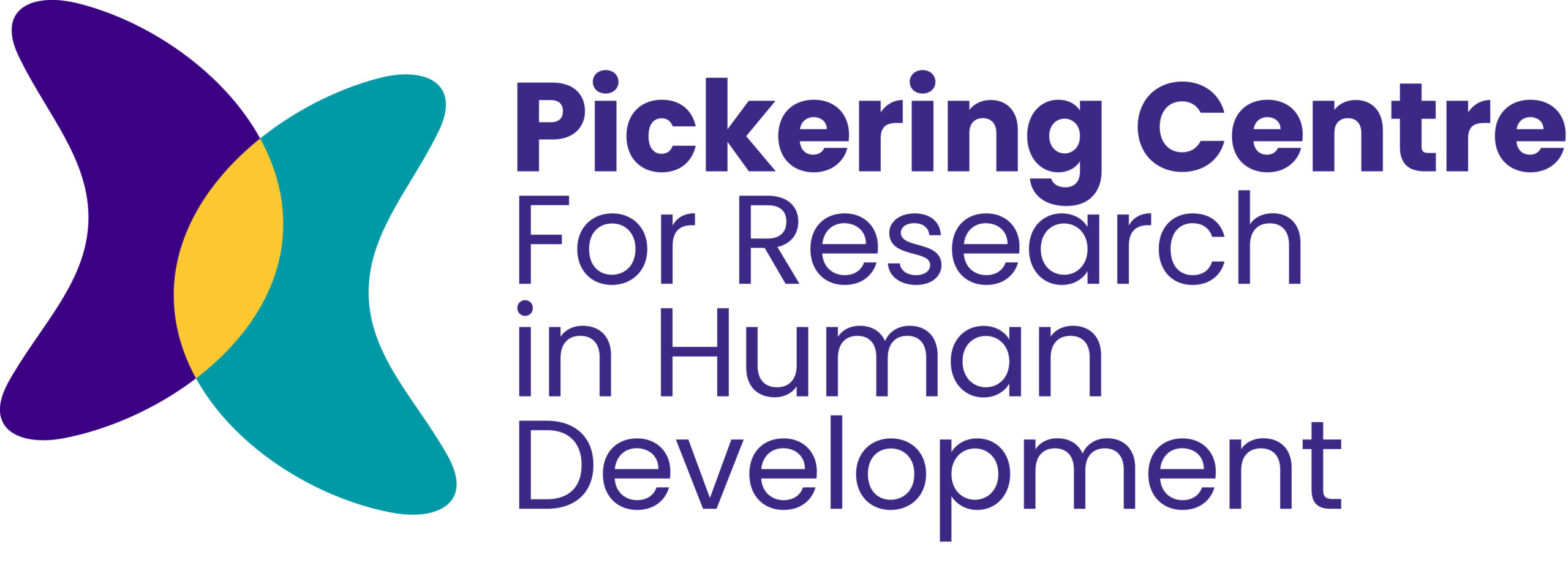Journal of Cognition and Development
JCD call for abstracts for special issue on
Delay of Gratification: What have we learned after more than 50 years?
Guest Editors:
Caitlin Mahy, Brock University
Ulrich Mueller, University of Victoria
The Journal of Cognition and Development invites abstracts for submission to a Special Issue on Delay of Gratification: What have we learned after more than 50 years? The “Marshmallow test” is one of the most famous and popular tests in the area of child development. Walter Mischel’s research on the strategies children use to delay gratification, and especially his longitudinal research suggesting that preschoolers’ delay time predicts a number of important outcomes (e.g., academic achievement, income, rates of incarceration) even decades later, has received a lot of attention and fueled controversy. This special issue will focus on what we have learned about and from the Delay of Gratification paradigm, and it will provide suggestions of how this area of research can be advanced moving forward.
Examples of topics appropriate for this issue:
- What is the developmental trend of delay of gratification?
- What are the cognitive, social, and emotional processes involved in delay of gratification? What kind of processes or strategies help children to delay successfully?
- Is children’s performance on the Delay of Gratification paradigm related to other skills such as, for example, executive function, self-regulation, temperament (i.e., effortful control), social understanding, or future-oriented thinking?
- What factors (parenting, biology) predict interindividual differences in children’s ability to delay gratification?
- What do different delay paradigms measure (e.g., delay execution vs. delay choice)? What are methodological challenges of the paradigm?
- Are there SES-related, cohort-related, or cultural differences in how children perform on the Delay of Gratification task?
- What kind of outcomes does the Delay of Gratification task reliably predict?
Submissions can be in the form of theoretical papers, meta-analyses, narrative reviews, and empirical papers.
Author guidelines
- Prospective authors should prepare a 1000-word abstract, describing the specific ways their proposed manuscript will advance conversations about the Delay of Gratification paradigm. It is not necessary in the abstract to describe well-known literature on the topic.
- The abstract should include at the top of the document: Tentative title, author names and affiliations, and the corresponding/contact author’s email address.
- Only one submission per author will be considered.
Timeline
- Submission of 1000-word abstract: May 31, 2025. Please send your abstract by email to umueller@uvic.ca. Please be sure it includes at the top of the document the tentative title, author names and affiliations, and the corresponding/contact author’s email address. It should be saved in .docx format with the contact author’s name as the first word in the filename (e.g., “Mueller-et-al-delay-of-gratification-abstract.docx”).
- Abstracts will be evaluated after the deadline to ensure a balance of authors, populations, and topics.
- Invitation of submission of full manuscripts for peer review: June 30, 2025
- Deadline for submission of full manuscripts: December 31, 2025.
- Invited manuscripts will go through the usual peer review process.
- The special issue is scheduled for publication in late 2026 but papers may be available online earlier, as they are accepted and copyedited.
